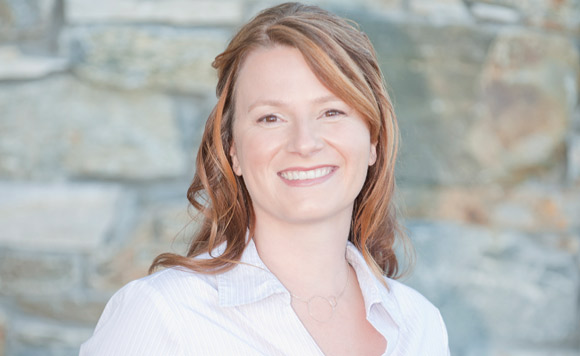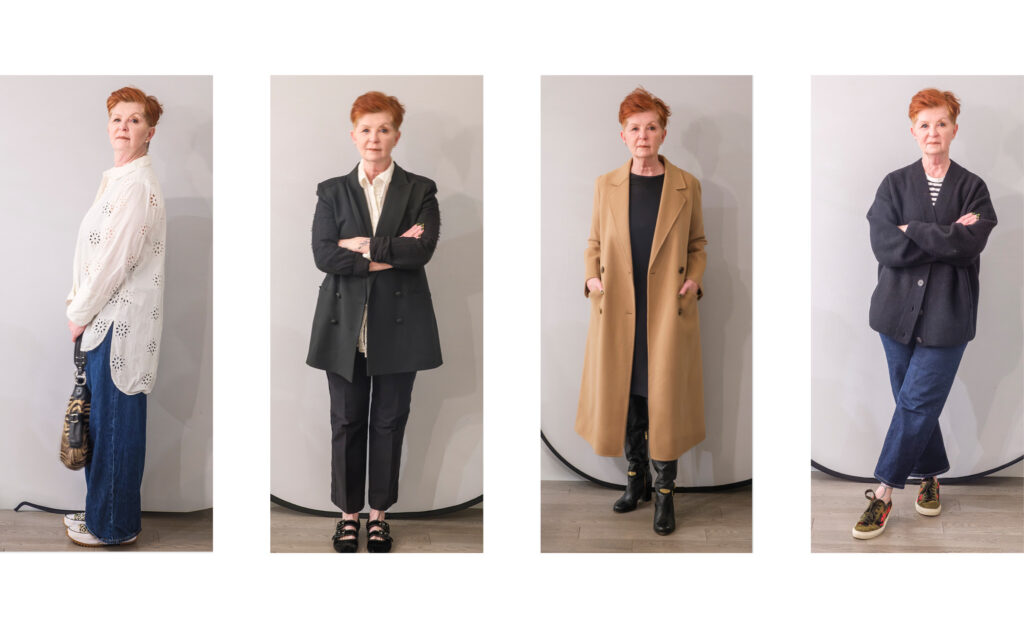There was a time, not so long ago, when people could recall where they were and what they were doing when they heard the news of a great tragedy. Finding out horrible news left a mark, a permanent impression on their memory bank.
Now, it feels like not a day goes by without something terrible happening, often in our own “backyards.” These are all tragedies, some more so than others (if one can truly put this sort of thing on a scale), but whether “big” or “small,” whether one person is shot by a police office or 84 are killed by a truck, they have one thing in common: these almost daily horrors are desensitizing us to violence, death and destruction.
Desensitization is defined as the diminished emotional response to something negative. The other night I was talking to my fiancé; “Every day something happens,” I said, “and it’s sad but they are starting to run together in my mind.” These things deserve to be remembered but, at least for me, for every new tragedy I hear about another seems to get bumped from my memory to make room for the disturbing news story of the day. But maybe it’s not actually that my overtaxed brain can’t contain all of the violence; maybe it’s that I don’t respond as emotionally, and therefore that “permanent impression” is not being left.
That thought makes me incredibly sad. I am an emotional person, a very empathetic person; I don’t want to lose that essential part of what makes me who I am. I don’t have a solution. But through the preceding pages I now have hope – hope that the next generation, our children, might be the ones who fix some of the problems that make our world so violent and unpredictable.
In “Every Impact Matters” (pg 13) writer Amanda Punch shares her realization that the answer to the question “what will you do with your life” was, for her, quite simple: she wants to help people.
Emma (pg 30), recipient of the Shaw Centre for the Salish Sea’s “Rockin’ Rockfish” youth volunteer award, says her favourite part of volunteering is “when you are talking passionately to a visitor and you see in their eyes that they are absorbing the information and you know you are making them more knowledgeable about our ocean.”
Aspiring Olympian Casey Atkin (pg 14) hits the ground running every single day. Her goal is the 2020 Olympics but that determination doesn’t mean she forgets what’s also important: “Dedicated to family, I am indebted to them for their unwavering support and belief in my abilities.”
These young people serve to inspire, to ignite confidence, and to make us believe that just maybe, some of them will follow in our footsteps, righting our wrongs and ultimately forging new, wiser paths.




